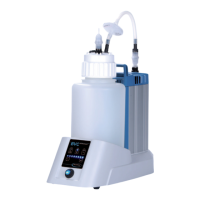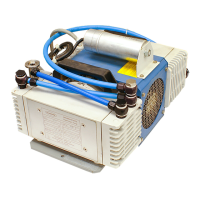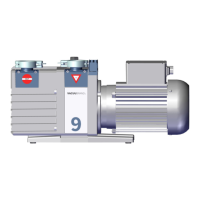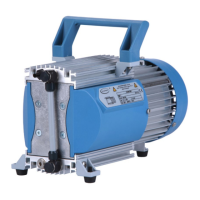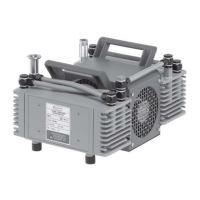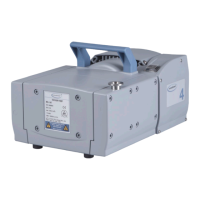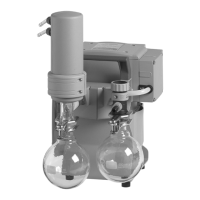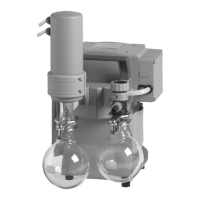page 15 of 27
Documents are only to be used and distributed completely and unchanged. It is strictly the users´ responsibility to check carefully
the validity of this document with respect to his product. 25/11/2013 // 999281
+ Max.pressureatthepumpinlet:1.1barabsolute.
➨ Openvalveatthegaspressurebottle.
+ Attention:Gasmayowattheoutletofthepump.
+ Comply with exposure time!
➨ Whenthepumpstops,switchofftheBVC.
➨ SettheBVCtomaximumsuctionpowerusingkey„+“.
max1.1barabsolute
➨ SwitchontheBVC.
